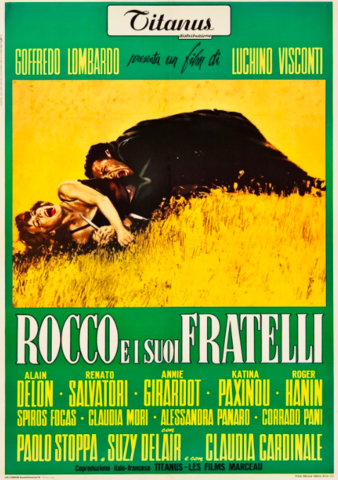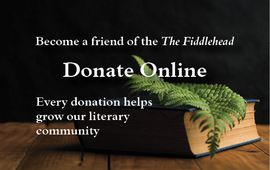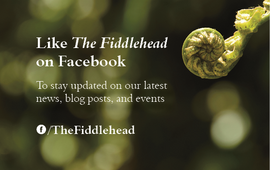
For my birthday a few years ago—August, 2020, just months into the pandemic—my partner Tiina bought me a projector, so we could watch films on our living room wall, and a subscription to the Criterion Channel. I’d always been a film lover, but this put me over the top. Since then I’ve been watching at least four or five old classic movies per week.
Lately I’ve been obsessed with Italian language and cinema: in particular, Italian Neorealism (Neorealismo), the golden age of Italian movies, which is centered around the impoverished life that people led after WW2, epecially at the outskirts of the big cities, as they rebuilt the country. These films depict life in a very gritty, non-sentimental way; they often use non-actors, and don’t pull any punches. Whereas films from Hollywood of that period look (to me) overly “clean,” like they were filmed in a studio, Italian Neorealism films resemble documentaries of actual poor folks living on the edges of Rome and Milan.
Perhaps my favorite of these is Rocco and His Brothers (Rocco e i Suoi Fratelli), Directed by Luchino Visconti, 1960. In this gutsy, black and white film, a big family from the south of Italy moves with their mother Rosaria to Milan. Visconti weaves together the stories of the five brothers, as each adapts to his new life in the big city. In particular, the French actor Alain Delon plays Rocco, a soft-hearted boxer who struggles to be loyal to the people around him as they fight with one another.
No country’s films can convey a sense of familial togetherness (and its opposite) like those in Italy. At one point in Rocco and His Brothers, towards the end—around a big dinner table with ten people, all talking at once, eating and drinking wine—Rosaria announces that she won’t be happy till her five sons come together “come cinque ditti della mano” (like five fingers of the hand). It is, perhaps, the last warmhearted moment before everything falls apart.
John Wall Barger’s poems and critical writing have appeared in American Poetry Review, Kenyon Review, Poetry Ireland Review, and Best of the Best Canadian Poetry. His sixth book, Smog Mother (Palimpsest Press), just came out. He’s a contract editor for Frontenac House, and teaches Creative Writing at UArts in Philadelphia.









